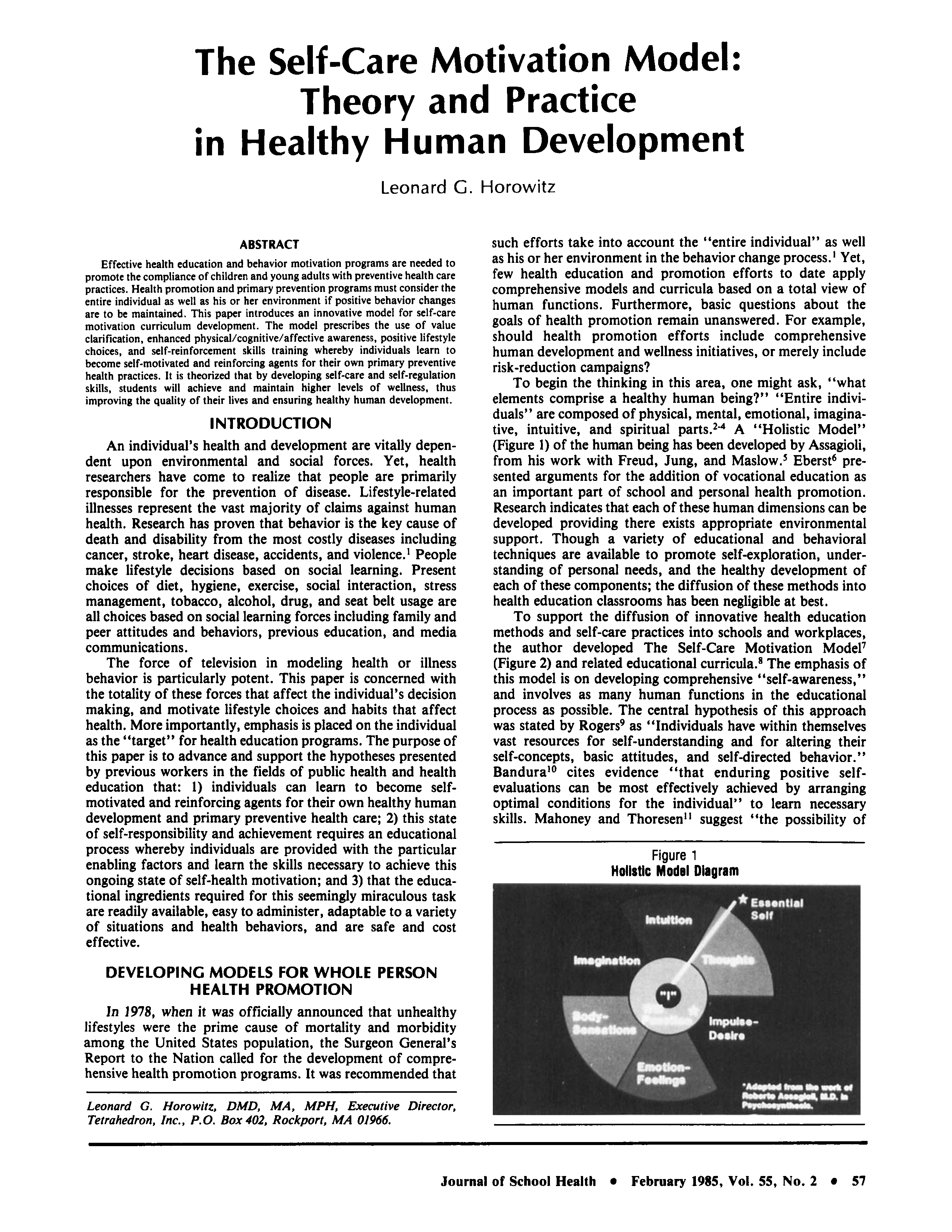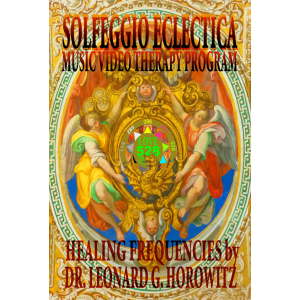Description
Product Description
PDF Contains 2 Scientific Publications by Dr. Leonard G. Horowitz (10 Pages)
The Self-Care Motivation Model: Theory and Practice in Healthy Human Development by Dr. Leonard Horowitz
Journal of School Health
Volume 55, Issue 2, February 1985, Pages: 57–61, Leonard G. Horowitz
Article first published online : 9 OCT 2009, DOI: 10.1111/j.1746-1561.1985.tb04079.
ABSTRACT: Effective health education and behavior motivation programs are needed to promote the compliance of children and young adults with preventive health care practices. Health promotion and primary prevention programs must consider the entire individual as well as his or her environment if positive behavior changes are to be maintained. This paper introduces an innovative model for self-care motivation curriculum development. The model prescribes the use of value clarification, enhanced physical/cognitive/affective awareness, positive lifestyle choices, and self-reinforcement skills training whereby individuals learn to become self-motivated and reinforcing agents for their own primary preventive health practices. It is theorized that by developing self-care and self-regulation skills, students will achieve and maintain higher levels of wellness, thus improving the quality of their lives and ensuring healthy human development.
Self-care Motivation: A Model for Primary Preventive Oral Health Behavior Change by Dr. Leonard Horowitz
Journal of School Health
Volume 57, Issue 3, March 1987, Pages: 114–118, Leonard G. Horowitz, Jack Dillenberg and Janet Rattray
Article first published online : 9 OCT 2009, DOI: 10.1111/j.1746-1561.1987.tb05382.x
ABSTRACT: Attempts to promote compliance of children with preventive health practices are most successful when strategies for motivating self-care behavior change address the physical, cognitive, and affective components of individuals. This study evaluated the effectiveness of using a Self-care Motivation Model and curriculum to promote oral health and hygiene behavior change among 92 third grade students randomly selected according to homeroom assignments in five Gloucester, Mass., public schools. Student gingival health and oral hygiene measures were obtained two weeks prior to, and two weeks, three months, and one year after educational sessions. Group one, comprised of mid-high socioeconomic status family students, served as an oral examination control. Groups two-five received educational sessions designed to teach students various aspects of oral health. Significant improvements (p < .001) in gingival health and dental plaque scores were observed in all experimental groups for up to three months. During a period of three months to one year, mean group scores returned to baseline and worsened for all groups except group five, the lowest socioeconomic family status group and the only group receiving the full series of self-care motivation curriculum sessions. Experimental group teachers reported that most children responded favorably to the program, and specific attitude and behavior changes were observed in many children. Further research evaluating the efficacy of using this self-care motivation model in primary preventive health education programs is indicated.






Reviews
There are no reviews yet.